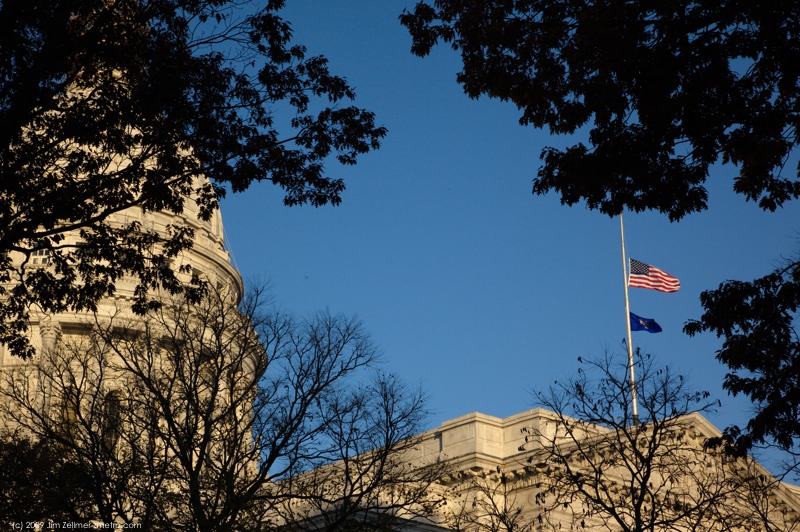Too much debt got us into this mess, and too much debt will see us out of it. Socialize the risk of a new cycle of open-throttle lending and cling to the monetary system that assures a repeat crisis. Such, approximately, is the global policy-making consensus. Central bankers and finance ministers have achieved an uncommon meeting of the minds. The cure for what ails us is the hair of the dog that bit us, they prescribe, though not in exactly those words.
It’s no small thing that China is especially enamored of the shot-and-a-beer-for-breakfast approach. Nothing about China is small or insignificant nowadays, since the Chinese economy is actually growing. It might, indeed, account for 74% of worldwide GDP growth in the three years to 2010, the International Monetary Fund estimates. Since 2005, China has generated 73% of the global growth in oil consumption and 77% of the global growth in coal consumption. By the looks of things, it accounts for a fair share of the growth in worldwide luxury-car consumption, too:
Daily Archives: November 7, 2009
Another Glorious Saturday Photo

Buffett’s Betrayal….
When I was 14, Warren Buffett wrote me a letter.
It was a response to one I’d sent him, pitching an investment idea. For a kid interested in learning stocks, Buffett was a great role model. His investing style — diligent security analysis, finding competent management, patience — was immediately appealing.
Buffett was kind enough to respond to my letter, thanking me for it and inviting me to his company’s annual meeting. I was hooked. Today, Buffett remains famous for investing The Right Way. He even has a television cartoon in the works, which will groom the next generation of acolytes.
But it turns out much of the story is fiction. A good chunk of his fortune is dependent on taxpayer largess. Were it not for government bailouts, for which Buffett lobbied hard, many of his company’s stock holdings would have been wiped out.
Berkshire Hathaway, in which Buffett owns 27 percent, according to a recent proxy filing, has more than $26 billion invested in eight financial companies that have received bailout money. The TARP at one point had nearly $100 billion invested in these companies and, according to new data released by Thomson Reuters, FDIC backs more than $130 billion of their debt.
To put that in perspective, 75 percent of the debt these companies have issued since late November has come with a federal guarantee. (Click chart to enlarge in new window)
A Glorious November Saturday

